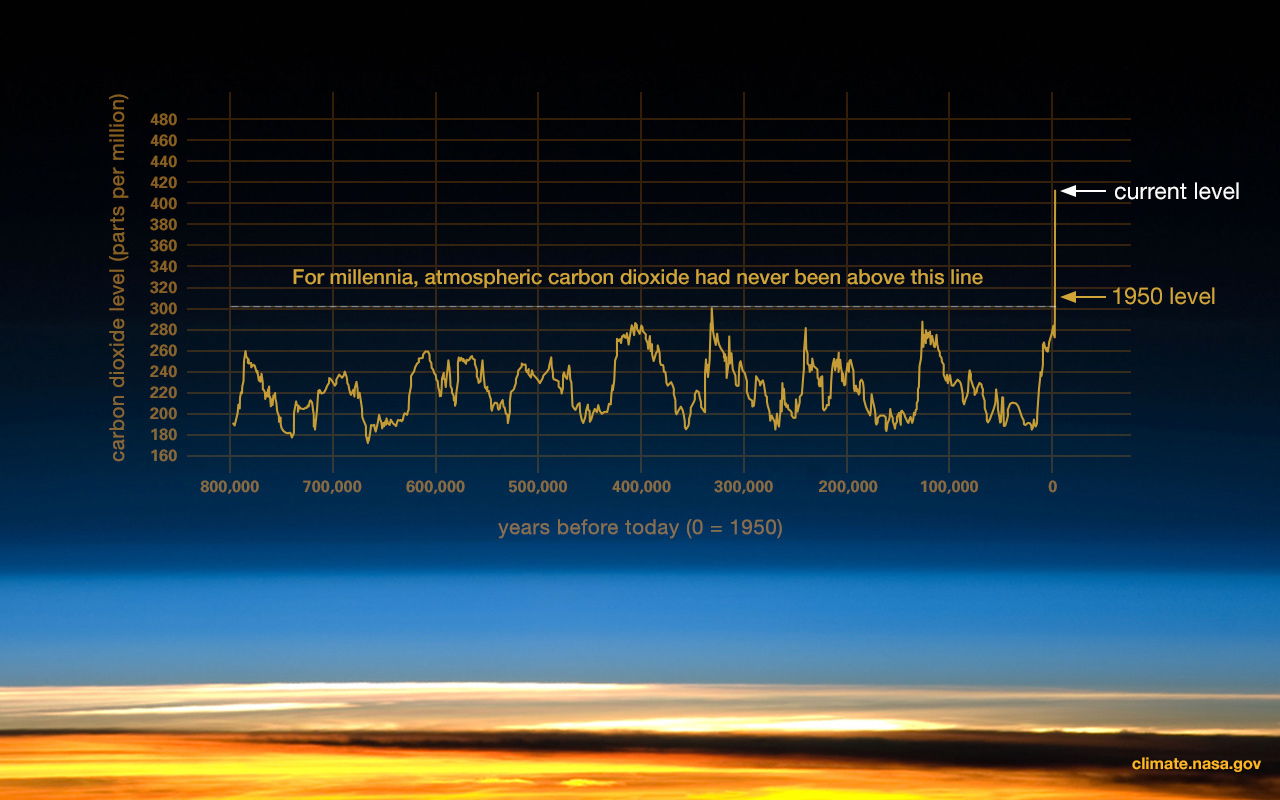Picture this image in your mind’s eye: a thumb and forefinger brought so near to each other that they almost, but don’t quite, touch. As the thumb and forefinger nearly touch, a voice says, “We came that close to nuclear war in the Cuban missile crisis.”
In January 1992, top-level decision-makers of the Cuban missile crisis—former Cuban leader Fidel Castro and former US defense secretary Robert McNamara—used this image to convey how close the world had been to nuclear annihilation on October 26-27, 1962. As they spoke, the pupils in their eyes dilated, their voices cracked, heavy with barely managed emotion. That was their remembered reality of that moment: a world on the brink of Armageddon. Both would go to their graves haunted by what they learned from each other in the 1992 conference on the crisis that we organized in Havana, almost 30 years after the most dangerous moment in recorded history.
Are we being hyperbolic? Were they? We don’t think so. In the case of the Cuban missile crisis, what could in many other contexts be brushed aside as hyperbole is often just unvarnished fact. Consider what McNamara and Castro learned in the course of those epochal exchanges at the 1992 Havana conference.
McNamara had already believed in October 1962 that the crisis was dangerous. In military affairs, McNamara was President John F. Kennedy’s designated principal worrier. He worried about a panicky Russian second lieutenant who might launch a nuke at the United States without authorization. He worried about a Russian move against West Berlin. In these instances, a nuclear response would be required, and after that, probable escalation to all-out nuclear war. Subsequent research by us and by others has shown that he was right to worry about all these possibilities.
But what he learned in January 1992, 30 years later, was far more horrifying to him. He learned that the Russians on the island were ready and willing to nuke any invading US force with tactical nuclear weapons—something McNamara had never dreamed was possible. He also learned later that the Russians were ready and willing, with Cuban logistical assistance, to strike the US base at Guantánamo Bay with tactical nukes that, by October 27, had been moved into battle positions in eastern Cuba—another eventuality that had never appeared on his scope. If either of these scenarios had materialized, a nuclear US counterattack would have followed immediately, killing millions of Cubans and thousands of Russians on the island. Cuba would have been destroyed. And that would have been only the beginning—of the end of the world, as we know it. Again: fact, not hyperbole. Essentially, McNamara learned that he was monumentally wrong about the basic assumptions on which any US attack on Cuba would have been based.
We were sitting next to McNamara in January 1992 when he learned from Russian General Anatoly Gribkov about the possibility of a nuclear attack on an invading US force in Cuba, a force that would not initially have been equipped with nuclear weapons. Normally loquacious, McNamara was rendered temporarily speechless. His face turned pale. He couldn’t believe what he had just heard. He asked the interpreters to confirm the accuracy of the translation. They did so. He became aware that the greatest danger of Armageddon in the crisis lay in what he and his president had not known, and in fact had never even imagined. His discovery might be summarized this way: In the event of any non-nuclear US air attack and invasion of Cuba, the nuclear war he wanted desperately to avoid would have begun on the beaches of Cuba at the initiation of the Soviets and Cubans. On October 26, 1962, McNamara imagined that such a US attack might be required within 24 hours, never dreaming that such an action would have been the penultimate move toward a catastrophic nuclear war that would begin in Cuba.

